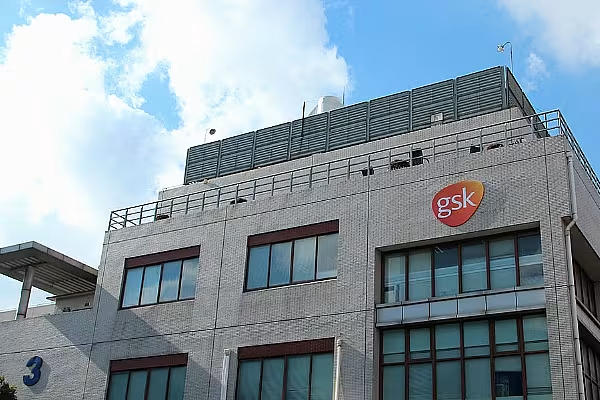GlaxoSmithKline estimates Brexit-related costs as high as £70 million over the next two to three years as Britain’s largest drugmaker seeks to maintain a steady supply of products to patients around the world.
Glaxo expects subsequent, additional costs of roughly £50 million a year, according to the London-based company’s annual report, released this week.
It’s one of the most detailed accountings of potential costs of the UK’s departure from the European Union by any company to date.
Global drugmakers from Johnson & Johnson to AstraZeneca have been flagging potential trade and regulatory hurdles that may create new financial burdens after Britain leaves the EU in March 2019.
Glaxo Chief Executive Officer Emma Walmsley in October described them as “real costs” for the UK pharmaceutical company to manage.
Johnson & Johnson estimated in December that it could face as many as 50,000 additional tests of its products annually at a cost of almost £1 million if there’s no mutual recognition of testing between the UK and the EU. Merck said post-Brexit tariffs could add significant costs for the company.
Increased Expenses
Glaxo’s expenses are tied to retesting medicines, transferring marketing authorisations in the UK to the European Union, changing manufacturing licenses and other steps. The estimates could change as more information becomes available, the company said.
The drugmaker said it started implementing its contingency plan in January, focusing on its supply chains. Glaxo shares rose 0.2%on Thursday.
“Delivering these necessary but complex changes by March 2019 will be ambitious and potentially disruptive in the short term,” Glaxo said in the annual report. “We support efforts to secure a status quo transition period to minimize disruption.”
Over the long term, Glaxo doesn’t expect Brexit to have a material impact, according to the report.
News by Bloomberg, edited by ESM. Click subscribe to sign up to ESM: The European Supermarket Magazine.











